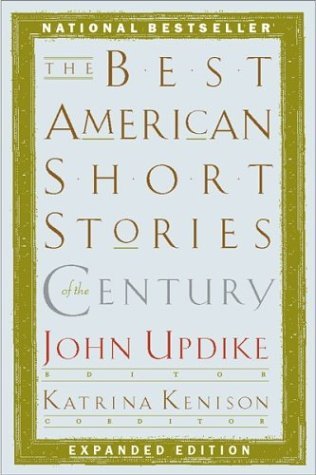A few weeks ago in my Deal Me In 2015 short story project, I read Annie Proulx’s story “The Half-Skinned Steer”. I found it intriguing and decided to read a few more of her stories that I’ll be posting about this week. For the source of my stories, I went to Proulx’s collection Close Range: Wyoming Stories in which “The Half-Skinned Steer” is included.

For Day 1 of Annie Proulx week, I read “The Mud Below”. This story goes into the world of rodeos – a world with which I confess I am not familiar. But the details of Diamond Felts career and his rise to fame pulls in the reader whether they know anything about riding bulls or not.
Diamond Felts, a rugged individual, only finds purpose in life from riding a bull and, ultimately, the bull doesn’t give real meaning to him. A nagging question from his childhood hides behind all of Felts’ life. In a heart-breaking conversation with his mother, even she won’t give him the answer he wants.
Proulx’s words put so much beauty into Felts’ sadness and loneliness, it could take the reader’s breath away:
…because he knew he was getting down the page and into the fine print of this way of living. There was nobody in his life to slow him down with love. Sometimes riding the bull was the least part of it, but only the turbulent ride gave him the indescribable rush, shot him mainline with crazy-ass elation. In the arena everything was real because none of it was real except the chance to get dead. The charged bolt came, he thought, because he wasn’t. All around him wild things were falling to earth.






